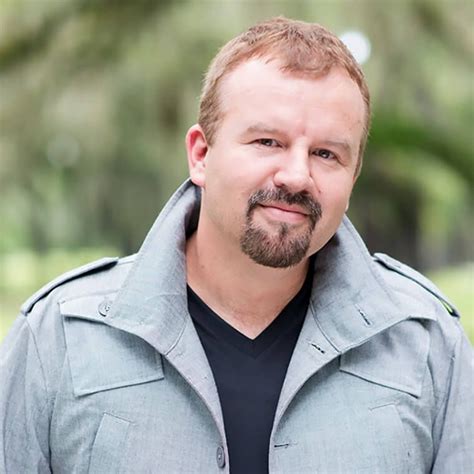A Quote by Larry Ellison
If an open source product gets good enough, we'll simply take it. So the great thing about open source is nobody owns it - a company like Oracle is free to take it for nothing, include it in our products and charge for support, and that's what we'll do. So it is not disruptive at all - you have to find places to add value. Once open source gets good enough, competing with it would be insane. We don't have to fight open source, we have to exploit open source.
Related Quotes
If the DHS insists, as bureaucracies are apt to do, that open-source must be certified via a sanctioned, formal process, it will interfere with the informal process of open-source itself. It seems to me the DHS is trying to turn an open-source development project into a Microsoft (or IBM or Oracle) software development project. And we know what that means: more, not fewer, errors -- security and otherwise.
One thing about open source is that even the failures contribute to the next thing that comes up. Unlike a company that could spend a million dollars in two years and fail and there's nothing really to show for it, if you spend a million dollars on open source, you probably have something amazing that other people can build on.
The Open Source theorem says that if you give away source code, innovation will occur. Certainly, Unix was done this way... However, the corollary states that the innovation will occur elsewhere. No matter how many people you hire. So the only way to get close to the state of the art is to give the people who are going to be doing the innovative things the means to do it. That's why we had built-in source code with Unix. Open source is tapping the energy that's out there.
Our sense of "open" is that the authority to make decisions about that gets distributed based on merit and understanding and participation and leadership, not solely on employment or a title or a business plan. Technical colleagues will define "open" as "open standards," "interoperable" - you can find it, search it, cut and paste it, view source, mix and match - all those things that we associate with text on the Web, that you can continue to do that with audio and video and whatever's next.

































